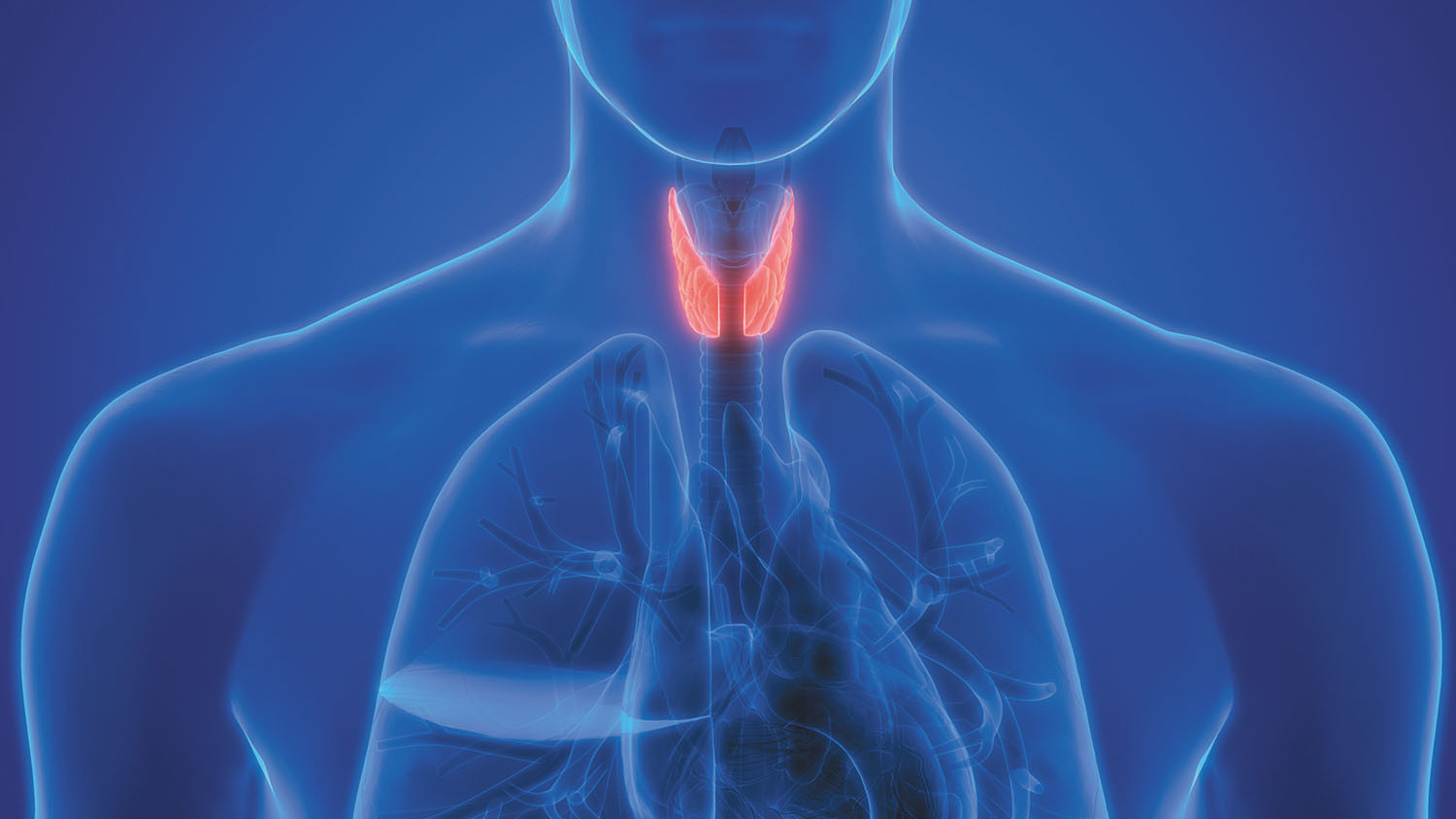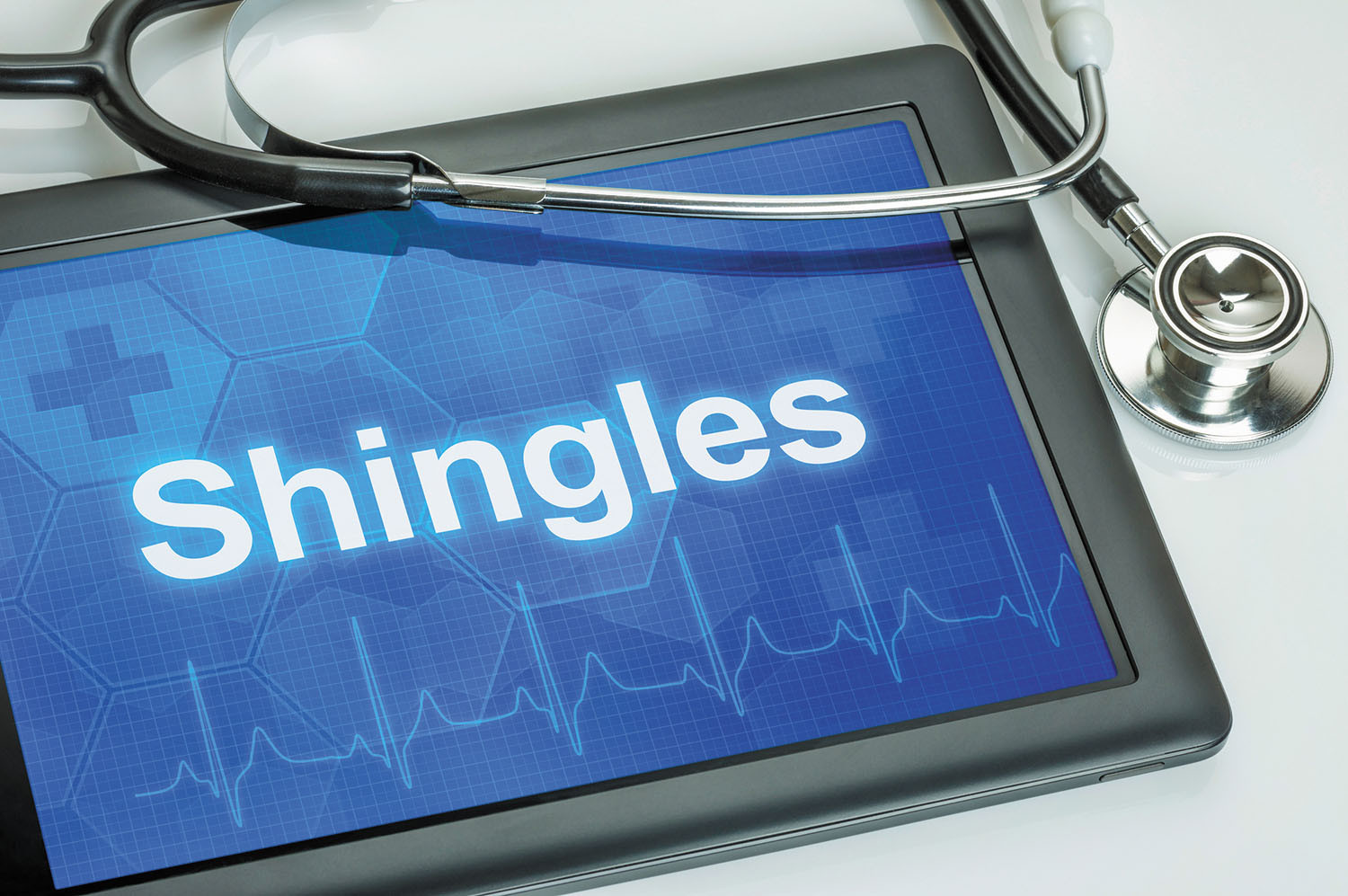
What are somatic workouts?

How to curb your stress eating

How to spot Parkinson’s disease symptoms

8 simple ways to reduce ultra-processed foods in your diet

Heart failure symptoms in women: How they’re different

GERD diet: Foods to avoid to reduce acid reflux

Strong is the new skinny

Everyday habits that sneakily weaken your bones

Don’t wait to get help for back pain

Correcting how you walk may ease osteoarthritis knee pain
Diseases & Conditions Archive
Articles
Getting rid of the itch of eczema
Ask the doctors
Image: © jacoblund/Getty Images
Q. I was recently diagnosed with eczema. Is this condition treatable without the use of steroids? I'd like to avoid using them if I can.
A. Eczema, also known as atopic dermatitis, is a chronic inflammatory skin condition. Some people with eczema have mild dryness or itchiness, while others experience more severe symptoms, such a scaly rash or skin that cracks and oozes. Eczema is more common in childhood, affecting up to 20% of children, but it also affects adults. The good news is it's not contagious, and in some cases, it's possible to manage the condition without using steroids.
Why am I losing weight?
Ask the doctor
Image: © bhofack2/Getty Images
Q. I'm an 87-year-old man. Over the past year I've lost considerable weight, and I didn't have that much to lose. My doctor can't find any reason for my weight loss and is advising me to eat ice cream. But isn't that risky for my heart?
A. I smiled when I read your letter, because I've occasionally said that if I were to develop a terminal condition, the silver lining on that cloud would be that I could finally eat all the hot fudge sundaes I wanted.
Can the flu increase my heart attack risk?
On call
Q. There has been a lot of talk about the severity of this flu season, and I recently heard that influenza also can trigger a heart attack. Should I worry?
A. Influenza is responsible for about 10,000 to 20,000 annual deaths, mostly from pneumonia or internal organ failure. In other situations, influenza infection strains a person's health, which can worsen underlying conditions, such as heart disease.
Don’t allow arthritis to keep you from exercising
News briefs
Image: © adamkaz/Getty Images
Exercise is considered the most effective pill-free treatment to cope with the pain and stiffness of arthritis. And more people are getting advice from their health care providers about how to stay active, according to a study published online Jan. 5, 2018, by the CDC's Morbidity and Mortality Weekly Report. Researchers looked at national health surveys gathered from 2002 to 2014. In that period, there was an increase in the proportion of people with arthritis (osteoarthritis, rheumatoid arthritis, gout, lupus, or fibromyalgia) who said their clinician suggested physical activity to help reduce symptoms — from 52% in 2002 to about 60% in 2014. But by 2014, about 40% of arthritis sufferers still said they weren't getting exercise counseling. That's significant, considering that 91 million people ages 18 or older are affected by arthritis, according to a study published online Nov. 27, 2017, by Arthritis & Rheumatology. You don't have to wait for a doctor to suggest exercise as an arthritis treatment. Try something gentle, like walking, tai chi, or modified yoga. For more ideas, check out the Harvard Special Health Report The Joint Pain Relief Workout (www.health.harvard.edu/jprw).
New drug shows promise for preventing migraines
In the journals
Image: © Wavebreakmedia/Getty Images
Migraine sufferers may be able to prevent future attacks with a new medication called galcanezumab, suggests a study published online Dec. 18, 2017, by JAMA Neurology. Currently, there are five FDA-approved drugs for migraines, but none were designed specifically for treating attacks or addressing the mechanisms at work.
In comparison, galcanezumab works to suppress the activity of calcitonin gene–related peptide (CGRP) in people. That molecule is believed to play an integral role in migraines and cluster headaches.
Why do I “almost” have an underactive thyroid?
Ask the doctor
Image: © magicmine/Getty Images
Q. My doctor said I "almost" have an underactive thyroid, which puzzled me. Then she said I might benefit from treatment, which puzzled me more. How can you "almost" have a disease, and how can treatment be useful if you don't have the disease?
A. I can see how that might have been confusing. In fairness, it's a confusing situation, even for doctors. Let's take this in two parts. First, what's an "underactive thyroid"? The thyroid gland in our neck makes a hormone, called thyroid hormone, that travels throughout the body and affects every cell. If it is making the right amount of the hormone — if the blood levels are normal — then there's no problem. If it's making too much (an overactive thyroid), or if it's making too little (an underactive thyroid), those are problems that require treatment.
Is that dry skin really something more serious?
Symptoms of dry skin, eczema, contact dermatitis, and psoriasis can overlap.
Image: © Sasha_Suzi/Thinkstock
It's easy to overlook dry skin during the winter, when indoor heating and dry air pull moisture from the skin. But sometimes it's tough to tell if dry skin is a consequence of the season or a sign of a serious condition. "I see a fair number of people who come in with psoriasis or eczema and had just assumed it was dry skin," says Dr. Jason Frangos, a dermatologist at Harvard-affiliated Brigham and Women's Hospital.
Why does skin dry out?
It's not just winter conditions that lead to dry skin; it's also a change in our skin's top layer, or epidermis. This layer is normally thick with naturally occurring fats and oils that act as a barrier to help retain moisture and prevent irritants from entering the skin.
Sexually transmitted disease? At my age?
There's an upswing in cases of chlamydia, gonorrhea, and syphilis in the United States, and it includes older adults.
For as long as humans have engaged in sex, there have been sexually transmitted diseases (STDs). The term STD (which has replaced the older "venereal disease") generally refers to infections that can be transmitted by vaginal, anal, or oral sex. Among them are genital herpes, human papillomavirus, chlamydia, gonorrhea, syphilis, and human immunodeficiency virus (HIV). The CDC estimates there are about 20 million new STD cases every year, but only a fraction of them get reported.
STDs are on the rise in people of all ages. There were more than two million reported cases of chlamydia, gonorrhea, and syphilis in 2016. While the vast majority occurred in teenagers and young adults, there also were significant increases in cases among middle-aged and older adults (see "STDs reported among older adults").

What are somatic workouts?

How to curb your stress eating

How to spot Parkinson’s disease symptoms

8 simple ways to reduce ultra-processed foods in your diet

Heart failure symptoms in women: How they’re different

GERD diet: Foods to avoid to reduce acid reflux

Strong is the new skinny

Everyday habits that sneakily weaken your bones

Don’t wait to get help for back pain

Correcting how you walk may ease osteoarthritis knee pain
Free Healthbeat Signup
Get the latest in health news delivered to your inbox!
Sign Up











